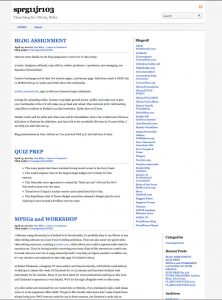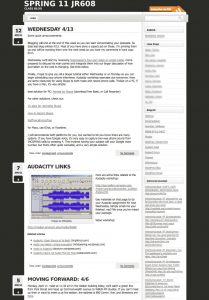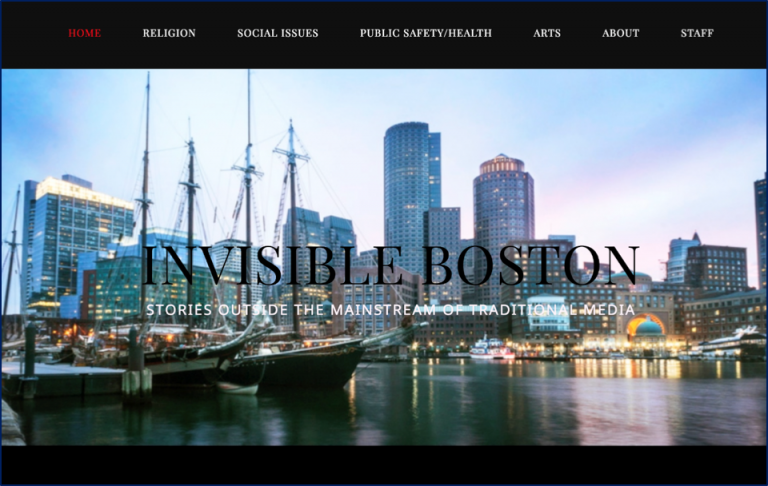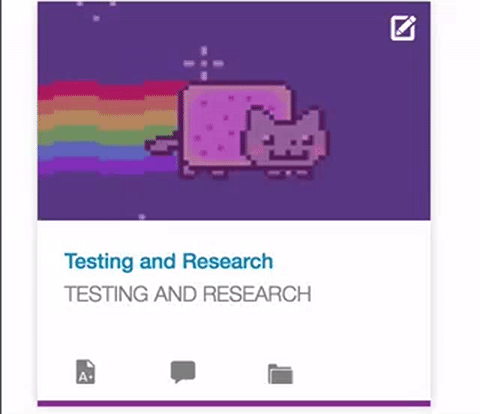Emerson on WordPress, Part 3
3 problems, one solution.
Elizabeth Parfitt wanted to get first year writing students to be engaged, motivated and to feel like their classroom work was important and relevant.
The WERS News team wanted a professional-looking website – but WERS is run entirely by students who have limited time, resources, and web development experience.
Tim Riley wanted an easier way to manage his files and collect assignments.
Surprisingly, all 3 problems were addressed by using the same tool.
Part 3: WordPress and Course Management
Background:
Tim Riley teaches two very different classes, and was searching for a course management platform that would be simple and user friendly, yet flexible enough allow for customization.
Implementation:

Digital Journalism (JR103) is an introductory undergraduate course. The course goal is to teach students to report and present news on the web using audio, video, and images. Tim uses this course blog as a central place to gather resources that will aid students.
The sidebar has an extensive array of links: the syllabus, outside resources, class style sheet, course procedures, term sheet (glossary), tips and tricks for using equipment, WordPress help, Journalism Department’s Twitter and Delicious feeds, and links to upcoming workshops.
Tim is the only one who posts to this class blog. He uses posts to answer questions, update assignment details, and post questions that will guide review for quizzes and tests.
The students also create group blogs that showcase their reporting work throughout the semester.

Interactive News (JR608) is a graduate course. This is a smaller and more intense class that is focused on writing specifically for the web. This blog is also used as a hub: Tim posts links to readings and resources. However, this blog has a stronger student presence: each student has their own blog, and their blogs are linked in the sidebar of the course blog. These student blogs host focused assignments that require students to select threes stories per week, focus on the nature of the content, and then write and rewrite their headlines (as well as including illuminating images and links).
These student blogs are not visible to the public, and Tim prints out their entries and hands them a paper copy with line-by-line corrections.
Findings:
“I had been working with Movable Type [another blogging platform] last year and was really happy to take the leap to WordPress. It’s much more enjoyable, intuitive, and easy to figure out.” -Tim Riley





